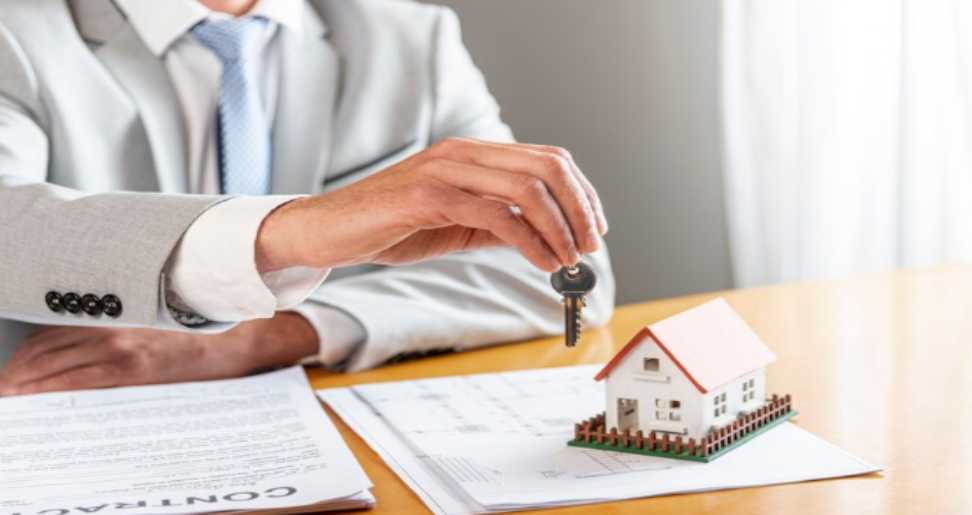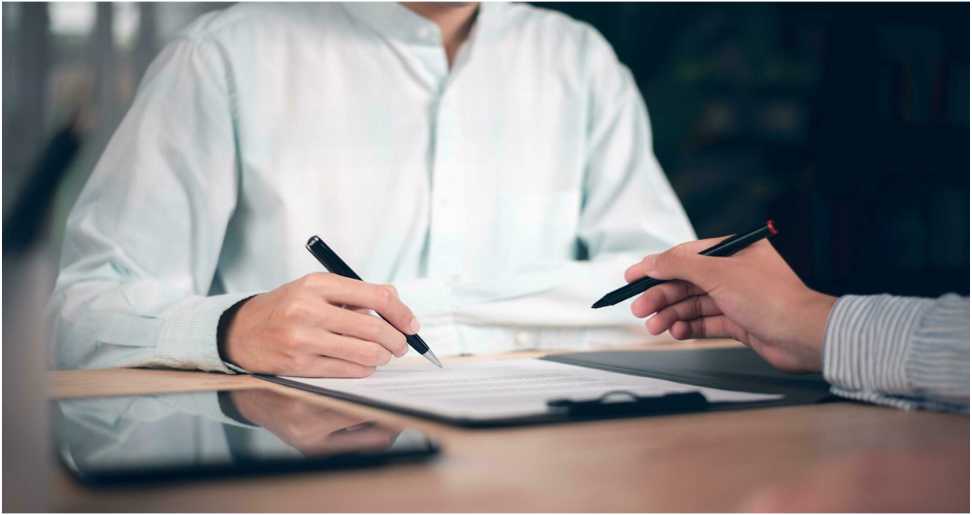Peterexch, Dhoombet, Go999exch: Social comparison, a process in which individuals evaluate themselves in relation to others, can have significant impacts on mental health. When people engage in frequent social comparisons, especially through social media platforms, they may experience increased feelings of inadequacy and low self-worth. Constant exposure to carefully curated highlight reels of others’ lives can create unrealistic standards and fuel negative self-perception, leading to anxiety, depression, and stress.
Moreover, social comparison often leads individuals to engage in downward social comparisons, where they compare themselves to those they perceive as less fortunate or successful. While this may temporarily boost self-esteem, it can also create a cycle of unhealthy competition and emotional turmoil. The pressure to constantly measure one’s worth against others can erode self-confidence and hinder personal growth, ultimately taking a toll on one’s overall mental well-being.
The Role of Social Media in Fostering Feelings of Inadequacy
Social media has become an integral part of many people’s lives, offering a platform for individuals to showcase their most curated and idealized versions of themselves. With the constant stream of impeccably edited photos, luxurious vacations, and glamorous lifestyles displayed on social media, it’s easy for individuals to fall into the comparison trap. The incessant exposure to these polished images can cultivate feelings of inadequacy and self-doubt as individuals compare their own lives to the seemingly perfect lives of others.
Moreover, the phenomenon of selective sharing on social media further exacerbates feelings of inadequacy. Individuals tend to share only the most positive aspects of their lives, creating a skewed perception of reality. This selective sharing can lead to a distorted view of one’s own life in comparison to the seemingly faultless lives of others, fostering feelings of inadequacy and unworthiness. The constant barrage of idealized images and achievements on social media can fuel a cycle of negative self-comparison, impacting individuals’ mental health and well-being.
The Impact of Social Media on Self-Esteem and Body Image
Fun999exch, Goldbet7, Exch247: Social media platforms have become ubiquitous in modern society, offering individuals the opportunity to connect, share, and engage with others at a global scale. However, along with the myriad benefits that social media brings, there are also negative repercussions on self-esteem and body image. The constant exposure to carefully curated images and posts by peers and celebrities can lead individuals to feel inadequate and dissatisfied with their own bodies, fostering a culture of comparison and unrealistic beauty standards.
Moreover, the pervasive nature of filters and photo-editing tools on social media platforms further perpetuates unrealistic beauty ideals, leading individuals to strive for unattainable perfection. This constant barrage of idealized images can erode self-esteem and contribute to negative body image perceptions, as individuals may internalize these standards and feel inadequate in comparison. The impact of social media on self-esteem and body image underscores the importance of promoting authenticity and self-acceptance in a digital landscape where comparison and validation are often prioritized.
� The constant exposure to carefully curated images and posts can lead individuals to feel inadequate
� Filters and photo-editing tools perpetuate unrealistic beauty ideals
� Idealized images can erode self-esteem and contribute to negative body image perceptions
� Importance of promoting authenticity and self-acceptance in a digital landscape
How does social comparison on social media affect mental health?
Social comparison on social media can lead to feelings of inadequacy, low self-esteem, and negative body image, which can have a significant impact on mental health.
Why do people often feel inadequate when comparing themselves to others on social media?
People often feel inadequate when comparing themselves to others on social media because they are often exposed to curated and idealized versions of others’ lives, leading to unrealistic expectations and self-comparisons.
Can social media have a positive impact on self-esteem and body image?
While social media can sometimes provide a platform for self-expression and positive connections, research suggests that the overall impact of social media on self-esteem and body image tends to be more negative than positive.
How can individuals protect their self-esteem and body image while using social media?
To protect their self-esteem and body image while using social media, individuals can limit their exposure to negative content, follow accounts that promote body positivity, and practice self-compassion and self-care.
What are some signs that social media is negatively impacting someone’s self-esteem and body image?
Some signs that social media is negatively impacting someone’s self-esteem and body image include comparing themselves to others frequently, feeling dissatisfied with their appearance, and experiencing negative emotions while using social media.
Also Read:-
- What Is Clearpay?
- The Top 5 Books For Entrepreneurs
- What’s been your experience using Costco Travel to book a vacation?





